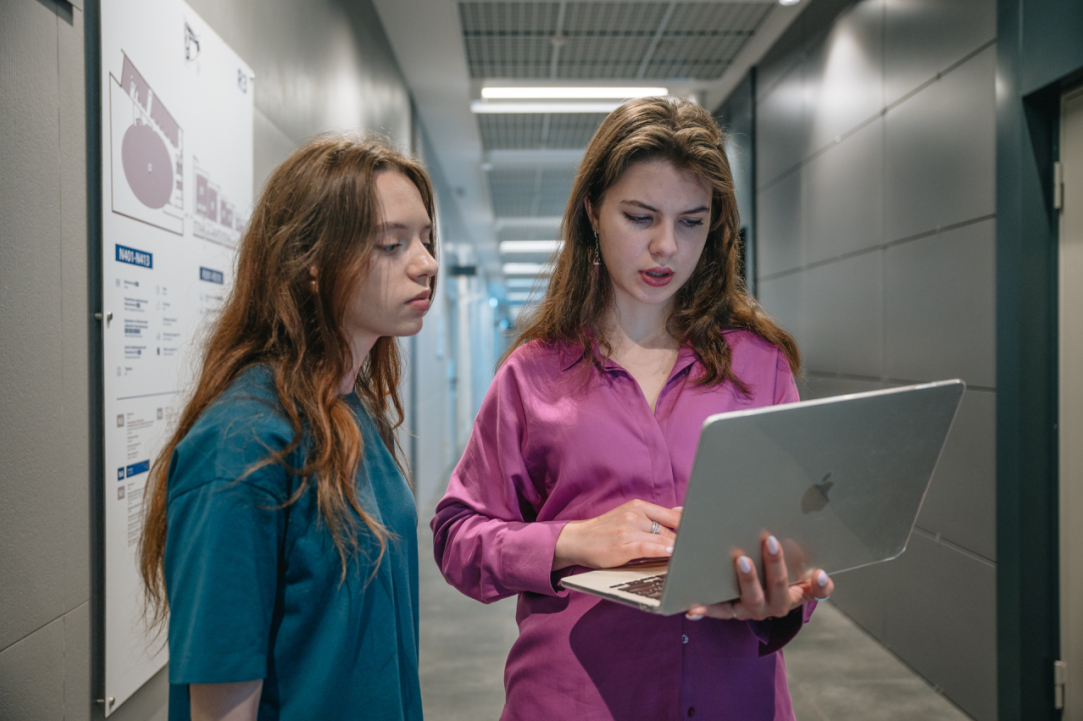‘There Are Many Interesting Fields in Financial Analytics Today’

September 15 is the application deadline for HSE University’s English-taught online Master of Business Analytics programme. The programme trains a new kind of financial leader with an expanded range of competencies and skills. Modern challenges require professionals in this field to focus not only on money flows, but also on non-financial resources: intellectual, natural, social, and digital. Such resources set the tone of competition and determine the future of companies.
Irina Ivashkovskaya, Professor of the Faculty of Economic Sciences, Head of the School of Finance, and Academic Supervisor of the online Master of Business Analytics programme, spoke about what is required of finance specialists today.

— What is the basis of the educational concept of the programme?
— Master of Business Analytics is about new corporate finances based on creating sustainable growth in company value and implementing non-financial drivers of risks and development in financial analytics. The unique school formed from the courses of the programme is oriented around the principle of earning company profitability while compensating risks amid the radical transition to sustainable development goals. The programme is focused on the concept of stakeholder market economics, or inclusive economic growth, and has an emphasis on expanding the competencies of financial specialists for measuring the non-financial resources of companies: human, client, structural, digital, social and natural forms of capital. The programme incorporates new analytical developments related to including forms of non-financial capital in the evaluation and design of future financial results. The students can choose form two relevant specialisations: ‘Value-Based Business Analytics’ and ‘Strategic Business Reporting and Assurance’.
Today, financial specialists need to learn the new rules for ensuring a company’s financial sustainability and creating antifragility. In response to the growing demands of the market, our digital master’s programme focuses on new concepts of company analysis, risk management, risk-oriented planning, and the formation of new approaches to strategic business reporting.
— Does the programme take into account the realities of the new globalisation?
— Absolutely! The concept of the programme takes into account the pivot towards Asia and non-European, non-American economies. According to business research, the ESG agenda and ‘green finance’ are well-established in these places, so local partners will check Russian businesses for adherence to these ideas. Seminars held as part of virtual project laboratories led by international industry experts and consultants give students access to leading practices, allowing them to quickly build expertise and become sought-after in promising financial markets.
— How are seminars in project laboratories conducted?
— There are two types of laboratories in our programme. One is virtual laboratories with the involvement of experts for discussing fresh ideas in corporate finances and new approaches. The other kind are project laboratories, which run from January to May in the first and second years of the programme. Participants interact with experts from business in small groups and work on applied tasks. This format makes it possible to achieve a synergetic effect between different courses. The participants use all kinds of analytical frameworks and instruments, find the optimal means to solve project tasks, collect data, make calculations, and create visual representations of results.
The tasks are set and monitored by experts. There is added value for each member of the project team because they are able communicate with a professional about the relevant issues directly as part of the webinar. Students start to form a picture of the profession and their individual career track. They gain a clear understanding of the personal and professional qualities required for successful advancement in these fields. The laboratory covers topics ranging from ventures to mergers, building analytics for the ESG transition in various industries, the measurement of non-financial data, the creation of financial models that take such data into account, the digitalisation of analytics and decision processes, and the creation of non-financial reporting.
These projects become an applied part of a larger course project in the first year of studies and of the master’s thesis in the second year. The first graduation ceremony of our programme in July of this year demonstrated that we chose the right tools for conveying academic knowledge to students.
— What kind of challenges await business analysts today? How do the competencies gained by graduates of the programme meet these challenges?
— There are many interesting fields in financial analytics today. Without exaggeration, I would say that new professional opportunities are to be envied. Major changes are occurring in the structure of competition and economic relationships, and new classes of risk factor are emerging. Part of these changes are caused by the dramatically increasing role of non-financial resources. The growth drivers that shape a company also form its unique business image. Serious, unprecedented work is required to measure and evaluate these resources, and all of this is a task for finance specialists.
Another group of factors is caused by the irreversible trend towards achieving sustainable development goals, and this changes the image not only of individual companies, but of industries. Financial specialists working in companies, including financial businesses, and not in the financial market, lead this work in business transformation and restructuring. Building new business models that meet the requirements of sustainable growth requires evaluation, modelling, forecasting, and data structures.
A new role is appearing in businesses: chief transformation officer (CTO). What is more, the scale of financial work in companies, in light of what I have already said, is now such that financial specialists are seen as leaders in solving value growth tasks in any business or industry, regardless of how it is organised. They must be able to foresee the influence of all risk factors on the return on capital required for risks and on businesses results at the same time. They must have a sense of a company’s ‘business value barometer’. As the sphere of competencies expands, financial specialists are expected to successfully fulfil the tasks of corporate value directors. These expectations are already taking shape in big business. This is a global trend, and an inevitable one for a country as big as Russia.
There is no doubt that our graduates will be able to handle such tasks. We have a modern emphasis and we shape the required professional perspective. And these are global processes.
Our programme is taught in English. We give our graduates the potential to lead these processes in companies around the world.
In Russian business circles, there has been a dramatic increase in the importance of moving from achieving resilience towards antifragility and growth
Project work and our mentor-led academic seminars take this emphasis into account. The team of the School of Finance at the HSE University Faculty of Economic Sciences are involved in the university’s strategic projects as part of the Priority 2030 programme. We are conducting major research into corporate solutions in the new economic and geopolitical reality. This is becoming a regular, annual practice. Our arsenal of processes and tools will be refilled. And these studies will certainly be communicated to students. What is more, as part of project work, students of the master’s programme will be involved in such tasks to a certain extent. In other words, the programme follows all the innovations in the corporate finance profession and the tasks of business analytics.
— Is there an international community of online students on the programme?
— We strive to form a community, and hold meetings between online students and students of our in-person Corporate Finance master’s programme (which has been running for 14 years). There is a career centre where we organise three important communication trajectories between students and experts: for financial analysts, consulting finance specialists, and finance specialists through an HR perspective in various industries. In our opinion, these are important get-togethers. What is more, in the new academic year we are implementing inter-programme meetings with graduates from previous years. Our team is very dynamic, ambitious, and inventive. And I am certain that we will success in creating a solid, stable community.

